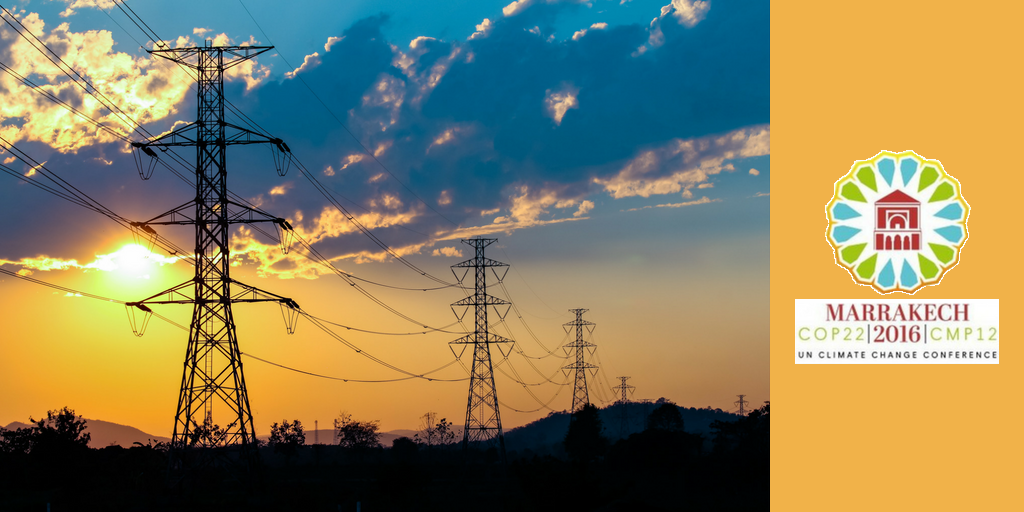
Practical information
Themes and regions
Related centers and programs
Climate goals agreed in Paris at COP21 can only be reached if a strong focus is put on the promotion of low-carbon electricity sources. Electricity generation is already the largest contributor to energy-related CO2 emissions and global demand for electricity is set to increase by another 40% to 2030.

Despite encouraging signs, such as record investment in renewables and falling costs for key technologies, the road to full decarbonization of electricity systems is still long and full of challenges. The aim of this event, co-organised by Ifri and OCP Policy Center, is to discuss electricity decarbonization strategies and identify areas for further international cooperation.
Chair: Marie-Claire Aoun, Director of the Ifri Center for Energy
Speakers:
- The role of electricity in global decarbonization scenarios
Carole Mathieu, Research Fellow, Ifri Center for Energy
- Renewables and the electrification challenge
Jane Olga Ebinger, Director Policy, Sustainable Energy for All
- Can emerging countries leapfrog the 20th century model? The cases of India and Morocco
Anil Razdan, Former Secretary Power, Government of India
Tayeb Amegroud, Research Fellow, OCP Policy Center
- Next steps for mature electricity systems to become zero-carbon
Simon Bennett, Analyst in the Economics and Investment Office of the International Energy Agency
Find out more
From COP21 to COP22: Keeping up the Momentum
In December 2015, a new international climate agreement was adopted, paving the way for increased mitigation and adaptation efforts.
Related Subjects
Other events

Paris Naval Conference 2026: Naval Rearmament and Operations in Contested Waters
This fourth edition of the Paris Naval Conference (CNP), bringing together high-level military, industrial, and academic speakers, will address the challenges associated with general naval rearmament and naval operations in increasingly contested environments.






